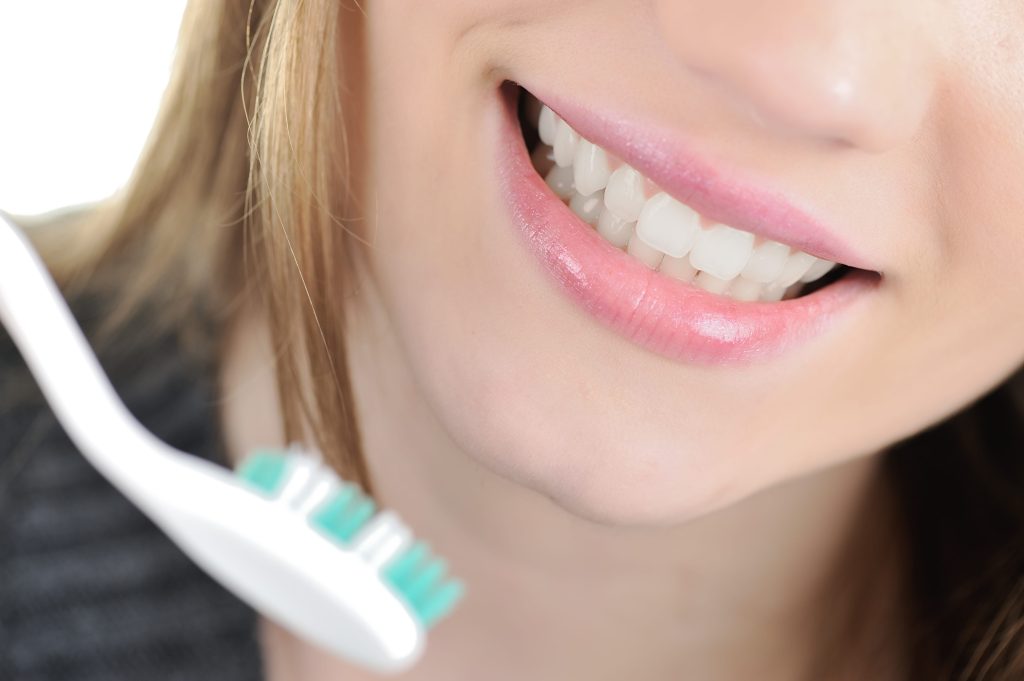
Dental care and aging are inextricably linked. As we age, our teeth and gums experience various changes, making the need for meticulous dental care even more important. Understanding these changes and adapting your dental routine accordingly is crucial to maintaining a healthy and confident smile in your golden years. This article will delve into the specific needs of aging teeth, examining how to maintain strong teeth throughout the aging process. We’ll explore essential dental care practices for seniors, discuss potential issues associated with aging mouths, and present preventative and proactive strategies. This guide is structured in these sections: preventative care, addressing specific aging issues, and ensuring ongoing dental health.
Understanding the Impact of Aging on Dental Health
Common Dental Changes with Age
As we age, our teeth and gums undergo several changes. Gum recession is a common issue, potentially exposing the tooth root and making the teeth more susceptible to sensitivity and decay. Saliva production may decrease, leading to dry mouth, which can increase the risk of cavities. Teeth may become more brittle and prone to fractures, particularly from biting or chewing. The jaw joint (TMJ) may also undergo changes affecting chewing. Additionally, some medications can contribute to dry mouth or other dental problems. It’s important to recognize these changes to address them effectively.
Identifying Risk Factors
Certain factors can significantly impact the oral health of aging individuals. A history of gum disease, poor oral hygiene habits, and inadequate nutrition can increase the susceptibility to decay and gum problems. Lifestyle choices like smoking or excessive alcohol consumption can also take a toll on your dental health. Moreover, certain medical conditions, including diabetes, can negatively affect the gums and overall oral health.
Preventive Care Strategies for Aging Teeth
Establishing a Comprehensive Oral Hygiene Routine
Maintaining a consistent oral hygiene routine is paramount to healthy aging teeth. Brush your teeth twice daily for at least two minutes each time, using fluoride toothpaste, and floss daily. This removes plaque and food debris, preventing bacteria buildup and tooth decay. Regular brushing and flossing not only keep the teeth clean but also stimulate gum tissues, promoting healthy gum health. Interdental brushes and mouthwash can supplement these routines to ensure proper cleaning and plaque removal in hard-to-reach areas.
Regular Dental Checkups and Cleanings
Regular dental checkups and cleanings are essential for early detection of potential issues. Your dentist can identify early signs of gum disease, cavities, or other problems before they escalate into major concerns. Dental professionals can provide personalized recommendations tailored to the specific needs of aging individuals, including dietary advice, brushing techniques, and fluoride treatments. Early intervention can often prevent the need for extensive and potentially costly procedures.
Addressing Specific Issues Related to Aging Teeth
Sensitive Teeth
Sensitivity in aging teeth can stem from gum recession and exposed tooth roots. Using a desensitizing toothpaste formulated with ingredients like potassium nitrate can help to relieve this sensitivity. Your dentist may also recommend fluoride treatments or other tailored solutions for specific cases.
Dry Mouth
Dry mouth is a common side effect of certain medications or a natural consequence of aging. Stimulating saliva production can help manage this issue. Chewing sugar-free gum or sucking on sugar-free candy can assist in increasing saliva flow. Drinking plenty of water throughout the day is another helpful strategy. Your dentist can also provide further recommendations on managing dry mouth and its potential impact on overall oral health.
Maintaining Strong and Healthy Teeth Over Time
The Role of Diet in Oral Health
A balanced and nutritious diet plays a critical role in maintaining healthy teeth. Limit sugary drinks and foods to reduce the risk of tooth decay. Incorporate foods rich in calcium, vitamin D, and vitamin C to strengthen the teeth and gums. Choose foods that are nutritious and not excessively acidic as these can damage tooth enamel.
Recognizing and Treating Early Signs of Issues
Be vigilant about recognizing early signs of dental problems such as pain, sensitivity, or unusual changes in gums. Early intervention is key to preventing more serious issues and maintaining a healthy smile. Visiting your dentist for regular checkups and addressing any concerns promptly can be crucial to preventing escalating issues in your teeth and mouth.
Importance of Lifestyle Factors
Maintaining a Healthy Lifestyle
A holistic approach to well-being includes maintaining a healthy lifestyle in addition to good dental care. Regular exercise, stress management, and proper nutrition contribute to overall well-being, which in turn impacts dental health. Quitting smoking and limiting alcohol consumption can also greatly improve the condition of your teeth and mouth over time.
Managing Underlying Health Conditions
If you have underlying health conditions such as diabetes, managing these conditions effectively can also mitigate their potential impact on oral health. Communicate openly with your dentist about any health conditions you have, and collaborate with healthcare professionals for comprehensive health management, including dental care.
In conclusion, maintaining strong teeth throughout your aging years is achievable with consistent dental care and proactive habits. Remember that dental health is an investment in your overall well-being, and early intervention can prevent more significant problems in the future. Schedule a checkup with your dentist today to discover how you can maintain excellent oral health as you age and avoid potential dental issues. By understanding the specific challenges of aging teeth and incorporating these strategies, you can maintain a healthy, confident smile throughout your golden years.